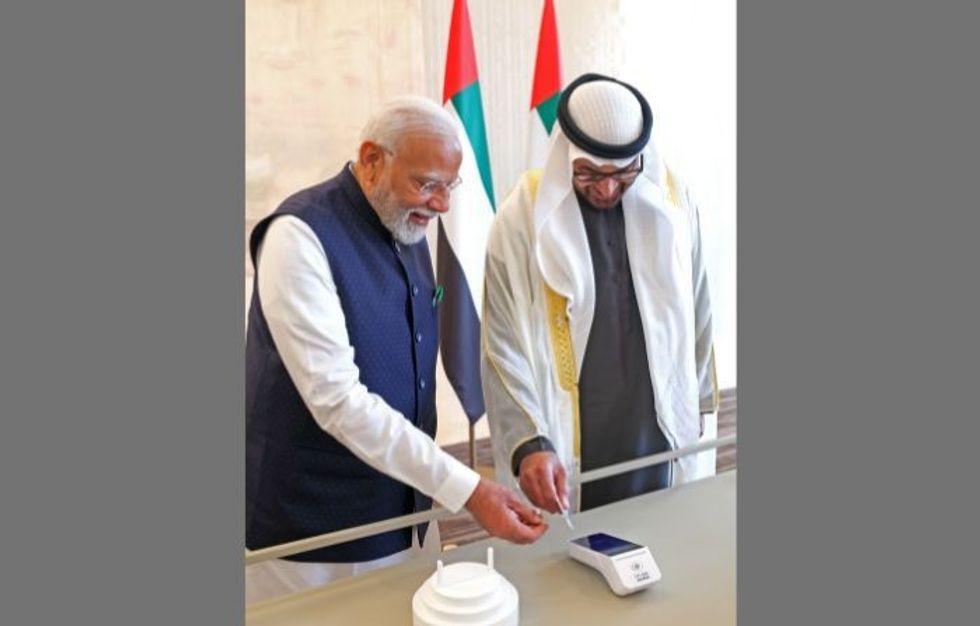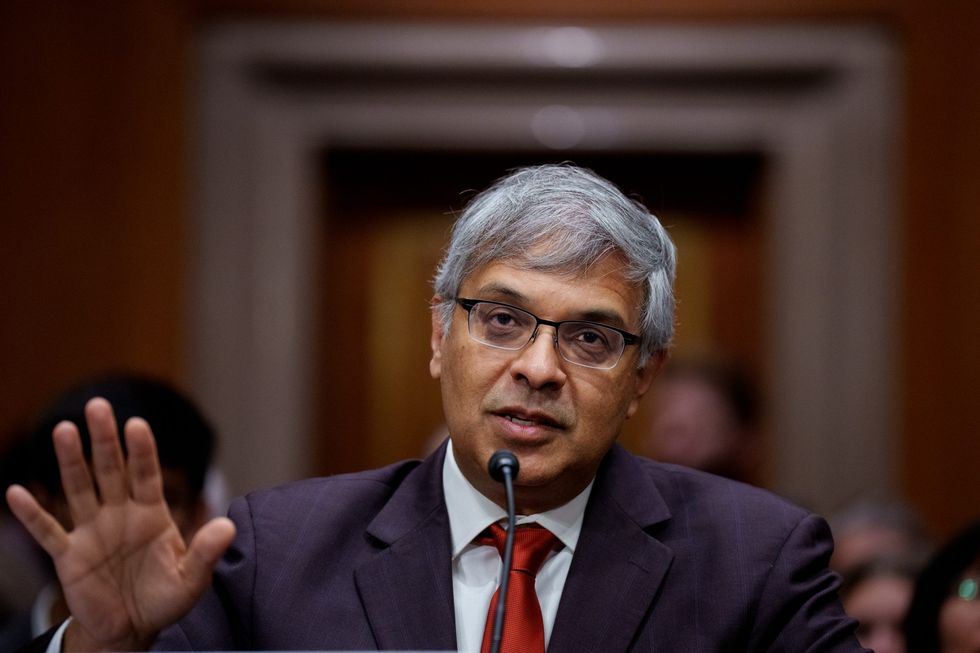IN recent years, the fintech sector in India has undergone remarkable progress and innovation. Spearheaded by groundbreaking payment systems such Unified Payments Interface (UPI) and the widespread adoption of digital banking solutions, the landscape has seen substantial growth.
India's dynamic ecosystem has played a pivotal role in fostering financial inclusion, innovative solutions, and establishing supportive regulatory frameworks. These advancements, coupled with technological progress, have firmly established the South Asian economy, one of the fastest growing in the world, as a frontrunner in global financial technology innovation.
In recent years, the global expansion of UPI and RuPay underscores India's prowess in the fintech sector. Developed by the National Payment Corporation of India (NPCI) in Mumbai, both UPI and RuPay have achieved significant milestones.
RuPay initially served as an indigenous card payment network, mainly utilized at ATMs, Point of Sale (PoS) devices, and e-commerce platforms. Similarly, UPI emerged as a digital, real-time payment system leveraging the Immediate Payment Service (IMPS) infrastructure, seamlessly integrating diverse banking functionalities, fund routing, and merchant payments into a singular application.
Read: Modi launches UPI RuPay card with UAE president in Abu Dhabi
The global debut of RuPay and UPI commenced in India's Himalayan neighbour Bhutan in 2019 and 2021, respectively, and subsequently expanded to countries such as Nepal, Singapore, France, UAE, Mauritius, and Sri Lanka. UPI's presence is further extending to the UK, Netherlands, Belgium and Switzerland in Europe and Malaysia, Thailand, South Korea, Taiwan and Oman in Asia.

The pros and cons
As India expands its bilateral relations and asserts its presence on the global stage, these advancements underscore its competitiveness in the global fintech arena. Consequently, it is imperative to comprehend the benefits accompanying the introduction of UPI and RuPay, including:
Read: India launches UPI instant pay system at France’s Eiffel Tower: ‘Great to see’
Enhanced Global Presence: The introduction of UPI and RuPay in foreign markets enhances India's visibility and reputation in the global financial landscape, showcasing India's technological advancements and expertise in fintech solutions, positioning the country as a leader in the global payments industry.
Facilitating Seamless Transactions: these financial services enable individuals travelling between India and other nations to conduct transactions seamlessly, eliminating the need for currency conversion and simplifying transactional processes.

Augmented Financial Accessibility: Acceptance of RuPay cards at ATMs and PoS terminals across various countries expands digital payment options for users supported by lower international transaction fees.
Promotion of Financial Inclusivity: UPI and RuPay empower individuals from diverse socio-economic backgrounds to engage in the digital economy, fostering financial inclusivity.
Reinforced Economic Connections: Seamless payment solutions strengthen trade and tourism between India, Mauritius, Sri Lanka, and other countries, promoting economic collaboration. It aligns with India’s "neighbourhood first" policy, and "SAGAR (Security and Growth For All in the Region) initiative, fostering bilateral trade and investment.
Advancements in Innovation and Technology: It would reflect a commitment to embracing digital innovation, positioning countries such as Mauritius and Sri Lanka as progressive entities. Leveraging sophisticated payment technologies, users gain access to innovative financial solutions, facilitating more efficient and secure management of finances.
Promotion of Indian Brands: UPI and RuPay usage abroad promotes Indian brands and products, creating opportunities for Indian fintech companies to expand globally.
Tourism: It would enhance the travel experience for tourists, eliminating the need for carrying cash and simplifying transactions and facilitating spending at local businesses.
Nevertheless, as these significant strides and notable accomplishments unfold, certain challenges arise arise such as the following:
Regulatory Compliance: Adhering to diverse regulatory frameworks in different countries poses a challenge. Each country may have its own set of regulations governing payment systems and financial services.
Interoperability: Ensuring this with existing payment systems and networks in foreign countries can be complex. There’s a need to seamlessly integrate with local payment infrastructures, banks, and financial institutions to facilitate cross-border transactions effectively.
Market Penetration and Adoption: Encouraging the adoption of these financial services in foreign markets where established payment systems already exist can be challenging. Building trust and awareness among consumers and businesses about the benefits and reliability of these Indian payment systems is essential for widespread adoption.
Cross-Currency Transactions: Managing cross-currency transactions and exchange rate fluctuations presents a challenge.
Security and Fraud Prevention: Ensuring the security of transactions and protecting users' financial data from fraud and cyber threats is paramount, it would need robust security measures and fraud prevention mechanisms to instill confidence and mitigate risks associated with international transactions.
Partnership and Collaboration: Forming strategic partnerships and collaborations with local banks, financial institutions, and payment service providers is crucial for expansion internationally.
Competitive Landscape: Facing competition from established international payment systems and fintech companies such as Mastercard and Visa, pose a great challenge.
The expansion of UPI and RuPay financial services abroad signifies not only a significant stride towards global financial inclusion but also underscores India's technological prowess and leadership in the fintech domain. Despite the challenges, the potential benefits of facilitating seamless transactions, promoting economic ties, and enhancing financial accessibility on a global scale highlight the transformative impact of UPI and RuPay in shaping the future of international payments.
Anhad Jakhmola is a scholar in international relations, public speaker and columnist.













 NASA’s Astronaut Class 23 with Anil Menon shows patch features a fly-shaped design symbolizing the class nickname, “The Flies,” with twelve stars for each candidate. The UAE and US flags highlight international collaboration, while the astronaut figure reflects their commitment to NASA’s return to the Moon and future Mars missions. (Photo credit: @astro_anil)
NASA’s Astronaut Class 23 with Anil Menon shows patch features a fly-shaped design symbolizing the class nickname, “The Flies,” with twelve stars for each candidate. The UAE and US flags highlight international collaboration, while the astronaut figure reflects their commitment to NASA’s return to the Moon and future Mars missions. (Photo credit: @astro_anil)
